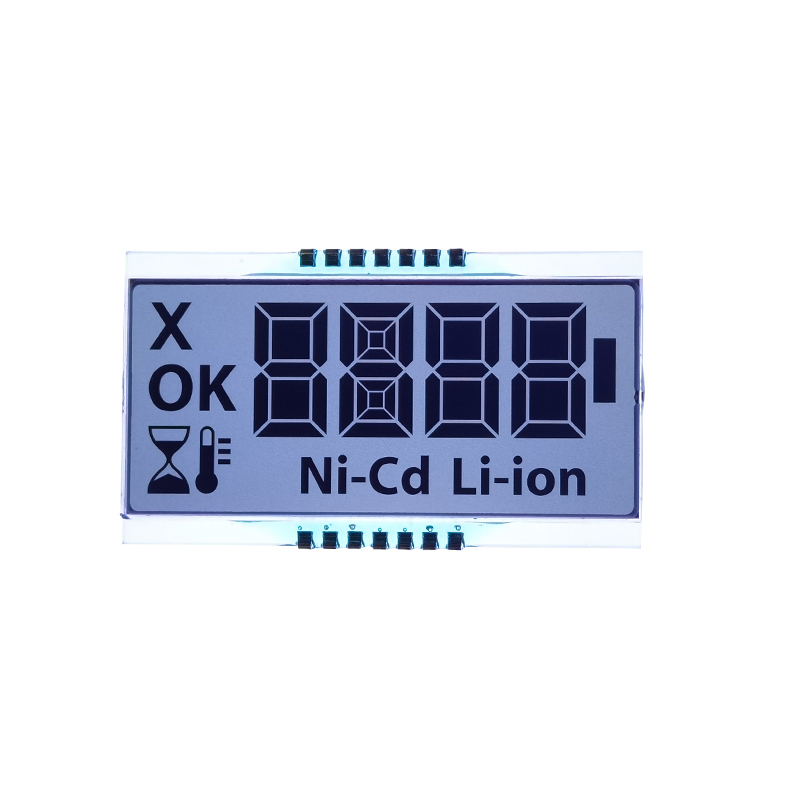
This comprehensive guide explores the world of TFT screens, covering their technology, types, applications, and how to choose the best one for your needs. We'll delve into the key features to consider, helping you make an informed decision whether you're a professional, hobbyist, or simply upgrading your personal devices.
A TFT screen, or Thin-Film Transistor screen, is a type of liquid crystal display (LCD) that uses thin-film transistors to control individual pixels. Unlike older LCD technologies, TFT screens offer superior image quality, faster response times, and better contrast ratios. This makes them the dominant technology in most modern electronic displays, from smartphones and laptops to monitors and televisions.
While the core technology remains the same, there are several variations of TFT screens, each with its own strengths and weaknesses. These include:
TN panels are the most affordable type of TFT screen. They offer fast response times, making them suitable for gaming, but often suffer from limited viewing angles and less vibrant colors compared to other technologies.
IPS panels provide superior color accuracy and wide viewing angles. They are a popular choice for professional applications requiring accurate color reproduction, such as graphic design and photo editing. However, they generally have slower response times than TN panels.
VA panels strike a balance between TN and IPS. They offer better contrast ratios than IPS, leading to deeper blacks, and decent viewing angles, albeit not as wide as IPS. Their response times are generally faster than IPS, making them a good all-around option.
Selecting the right TFT screen depends on your specific needs. Key factors include:
Resolution, measured in pixels (e.g., 1920x1080), determines the sharpness and detail of the image. Higher resolutions generally result in sharper images but require more processing power.
Response time, measured in milliseconds (ms), refers to how quickly a pixel can change from one color to another. Faster response times are crucial for gaming and video editing to minimize motion blur.
The refresh rate, measured in Hertz (Hz), indicates how many times per second the image is refreshed. Higher refresh rates (e.g., 144Hz, 240Hz) result in smoother motion, particularly beneficial for fast-paced games.
Contrast ratio measures the difference between the brightest white and the darkest black a screen can produce. A higher contrast ratio leads to richer, more vibrant images.
Viewing angles determine how well the image quality is maintained when viewed from different angles. Wide viewing angles are crucial for shared screens or when viewing from various positions.
TFT screens are ubiquitous in modern electronics. Their versatility makes them suitable for a wide range of applications, including:
With the variety of TFT screen types and features available, careful consideration is essential. Understanding your priorities – whether it's color accuracy, response time, or budget – will guide you towards the ideal choice. For high-quality TFT screens and LCD modules, consider exploring options from reputable manufacturers like Dalian Eastern Display Co., Ltd., a leading provider in the industry. They offer a wide range of customized solutions to meet diverse needs.
| TFT Screen Type | Response Time | Viewing Angle | Color Accuracy |
|---|---|---|---|
| TN | Fast | Narrow | Moderate |
| IPS | Slow | Wide | Excellent |
| VA | Medium | Wide | Good |
Remember to always check specifications from the manufacturer before making a purchase.












